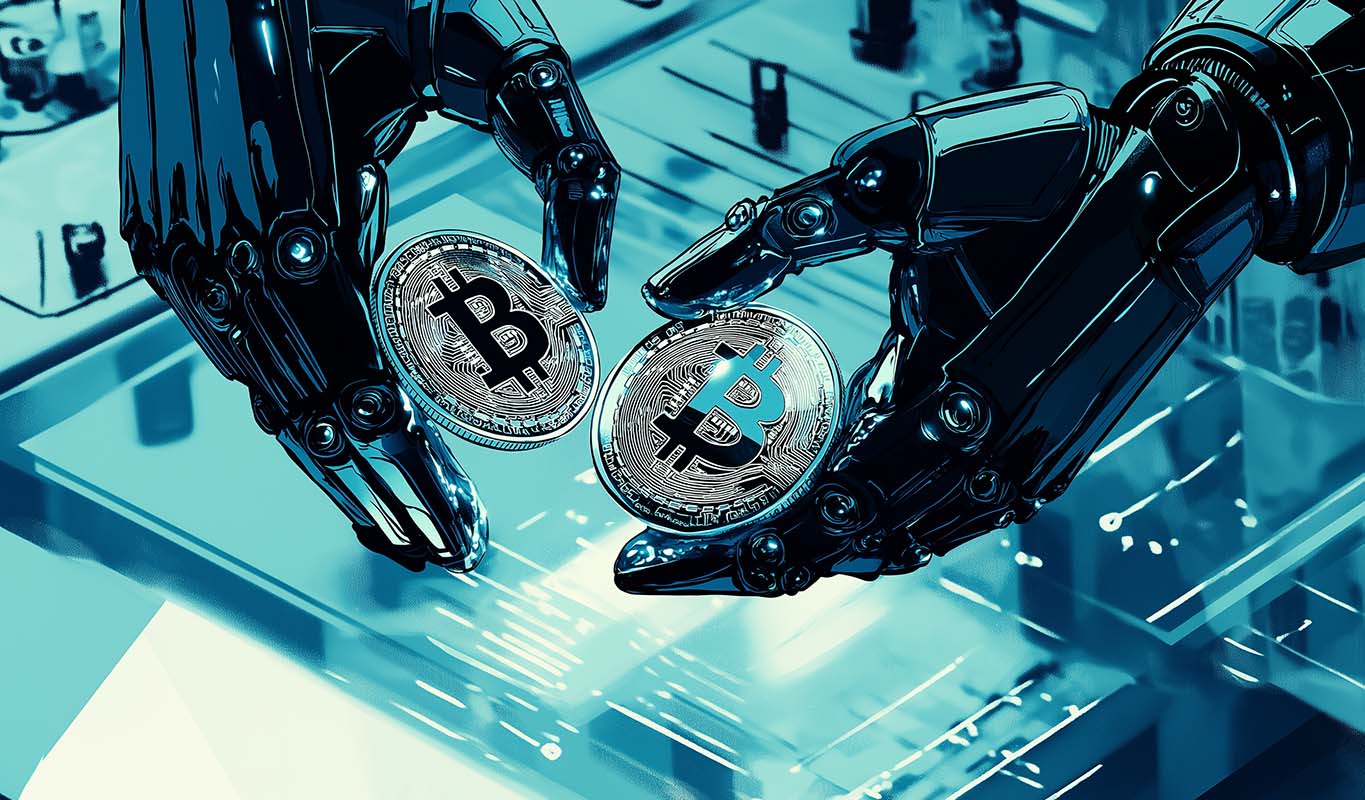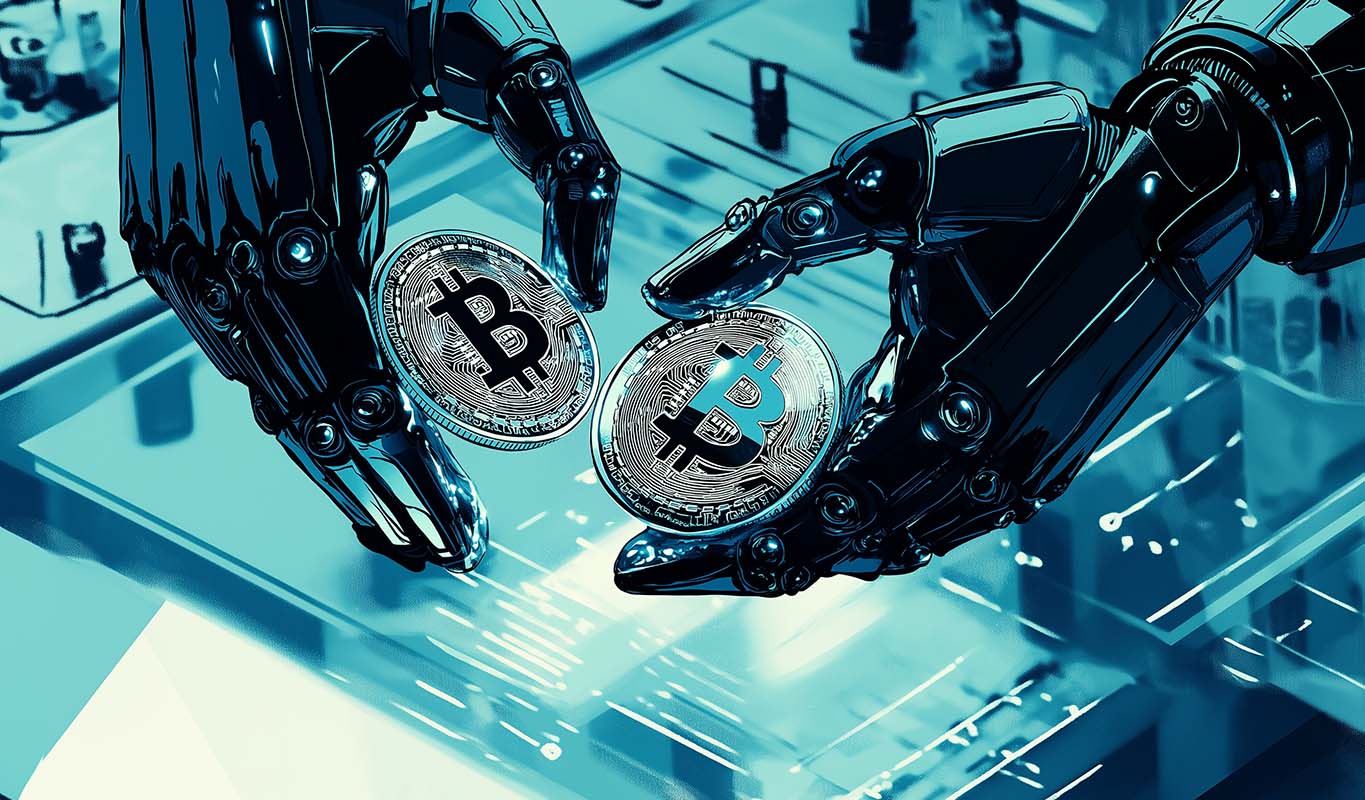Sweden’s Consideration of Bitcoin as National Reserve Asset: A New Frontier in Digital Currencies
The digital currency landscape continues to evolve at an unprecedented pace, with Bitcoin leading the charge. This groundbreaking technology, which operates on a decentralized network, has captured the imagination of many, including those in positions of power. One such individual is Rickard Nordin, a member of the Swedish Parliament, who recently posed an intriguing question to the Minister of Finance, Elisabeth Svantesson:
“Given the increasing importance of digital currencies in the global economy, I would like to inquire about the possibility of Sweden integrating Bitcoin as a national reserve asset,”
– Rickard Nordin
Implications for Sweden
The potential integration of Bitcoin into Sweden’s national reserves could have several significant implications for the country:
- Monetary Policy: Central banks have the power to control the money supply, which plays a crucial role in shaping economic conditions. Bitcoin’s decentralized nature, however, means that no single entity holds control over its supply. This could make it challenging for Sweden to implement monetary policy effectively.
- Stability: Bitcoin’s volatility is a well-known concern. Its value can fluctuate wildly in a short period, making it a risky investment. Integrating Bitcoin as a national reserve asset could expose Sweden to significant financial risks.
- Innovation: Sweden has a reputation for being at the forefront of technological innovation. Embracing Bitcoin could position the country as a leader in the digital currency space and attract investment and talent.
- Regulation: The Swedish Financial Supervisory Authority (Finansinspektionen) has already taken steps to regulate Bitcoin. Integrating it as a national reserve asset could necessitate further regulation and oversight.
Implications for the World
The potential implications of Sweden integrating Bitcoin as a national reserve asset extend beyond its borders:
- Contagion Effect: If Sweden were to make such a move, other countries might follow suit. This could lead to a “contagion effect,” with more countries integrating Bitcoin into their reserves, further legitimizing the digital currency.
- Global Economic Impact: The integration of Bitcoin as a national reserve asset could have significant global economic implications. It could lead to increased adoption of digital currencies, potentially disrupting traditional financial systems.
- Regulatory Response: The international community might respond with increased regulation or cooperation on digital currencies. This could lead to a more coordinated approach to the regulation and adoption of digital currencies.
Conclusion
Rickard Nordin’s question about integrating Bitcoin into Sweden’s national reserves marks an intriguing development in the digital currency space. While the implications are complex and far-reaching, one thing is clear: digital currencies are here to stay. As countries and institutions grapple with the challenges and opportunities presented by Bitcoin and its ilk, we can expect more bold questions and innovative solutions to emerge.
The integration of Bitcoin as a national reserve asset could lead to increased stability, innovation, and regulatory oversight. However, it also poses significant challenges, including monetary policy implementation and volatility. As the digital currency landscape continues to evolve, it will be essential for countries and institutions to adapt and respond to these challenges.
Ultimately, the decision to integrate Bitcoin as a national reserve asset is a complex one that requires careful consideration and a nuanced understanding of the digital currency landscape. As we watch this development unfold, it is essential to remain informed and engaged in the conversation.





